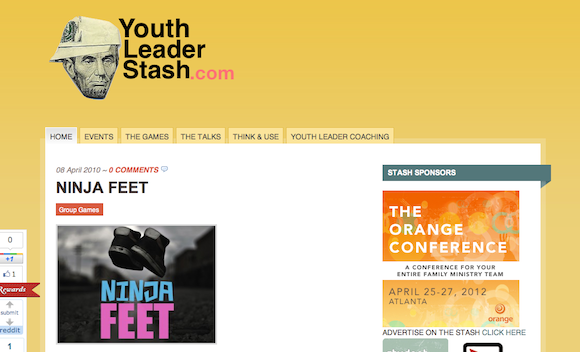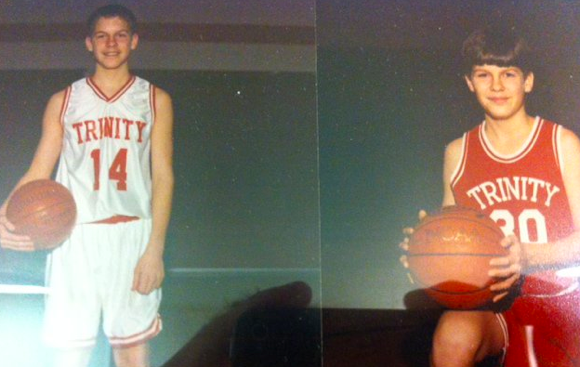[This post is a part of the Creating a Sermon Series series]

In churches all over the world, it is common for the preaching to be organized in groups of sermons called a sermon series. Youth pastors, senior pastors, and children pastors often will look for common threads to organize how they teach the scriptures in a memorable way. As I've worked through putting together several sermon series for weekly programs and retreats, I have found using a sermon series to very helpful for both myself and those listening to me.
It Helps People Remember
Branding matters.
If you look around any department store, spend a couple minutes watching television, or do a couple searches on Google - you will without a doubt be bombarded with brands trying to find ways to make sure you remember their brands and products. The reason they do this is because they learned that creating a recognizable brand is effective.
I'm not suggesting we start advertising in all these different ways, but as we are preaching the Word of God, we are trying to communicate the message in way that people will remember. As you create a sermon series, not only are you opening up the Word of God, but you are wrapping the life-changing content in a context that will hopefully make the message memorable as people listen.
It Let's People Know Where You're Going
When you use a series, people probably aren't coming to church simply because they are excited about the sermon series. It may happen, but it's not likely. Even if people aren't coming because of the sermon series you are teaching, there is an element of comfort for people to know that you have an idea of where the next few weeks are going. If you want to be effective in your teaching, it is important that people can trust you. If they have an idea that you know where you're going, they are going to be much more likely to trust you taking them there.
It Builds Momentum Around a Given Topic
If you could spend 1 day or 7 days on vacation with your family, which would have a greater impact on you and your family? In the same way, spending 1 week or 5 weeks, significantly changes the amount of impact that you might have as you talk about a specific topic or book of the Bible. As you spend multiple weeks going to the same book and working through it, momentum begins to build as people hear the words, think about them, live with them, and come back without having to shift their way of thinking.
It Helps Creativity
Whenever I work on a sermon series, on of the things that I have noticed about myself is that creating a theme that I am trying to preach from within helps me creatively. Some might argue that putting yourself in a box, restricts creativity, but I would argue that the clear focus and concepts allows more room for creativity. Having clear goals and definitions allows you to let some ideas sit in your brain and percolate.
What are some reason that you see that using a sermon series can be helpful?






 Being around a group of other
Being around a group of other  If you work with middle school students, it's always helpful to think back to what life was like when you were in middle school. I spent some time thinking about it, and here is the list that I came up with:
If you work with middle school students, it's always helpful to think back to what life was like when you were in middle school. I spent some time thinking about it, and here is the list that I came up with:
 Throughout history God has used the spoken word to transform lives. Preaching has been an avenue that the holy spirit has worked through for thousands of years. Certainly over these years, many elements of preaching has changed. The context of the preaching is significantly different than it once was, yet at the same time many elements of preaching have held true over time.
Throughout history God has used the spoken word to transform lives. Preaching has been an avenue that the holy spirit has worked through for thousands of years. Certainly over these years, many elements of preaching has changed. The context of the preaching is significantly different than it once was, yet at the same time many elements of preaching have held true over time. This past weekend I got to be a part of the
This past weekend I got to be a part of the